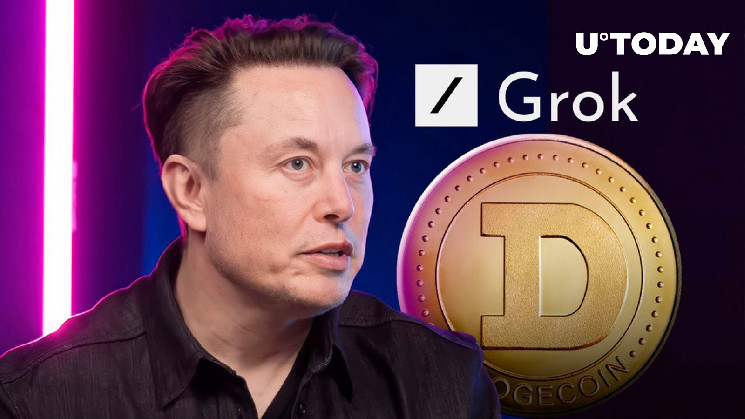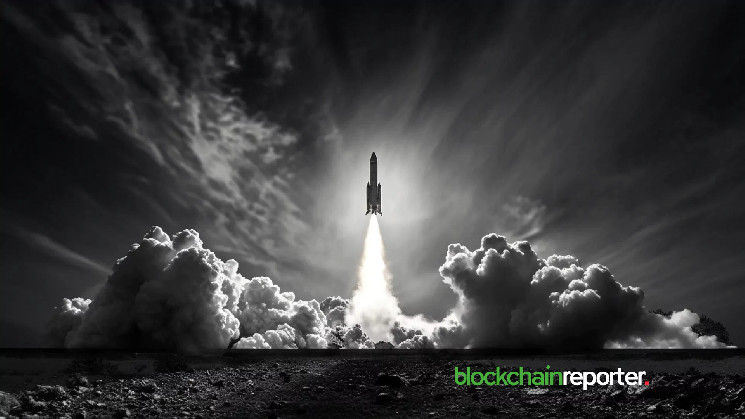The recent attention on Dogecoin has been sparked by the Grok AI disclosure about RadioDoge, a project aimed at enhancing the Dogecoin ecosystem for widespread grassroots adoption. However, Dogecoin core developer Michi Lumin has stepped in to provide crucial clarification amid the speculation surrounding Grok AI’s statements.
In a post by Grok AI, it was claimed that SpaceX was launching Dogecoin nodes into space attached to Starlink satellites to expand the reach of the Dogecoin network to areas lacking traditional internet infrastructure. This ambitious initiative was said to be part of the RadioDoge project, drawing significant interest from the Dogecoin community.
However, Lumin highlighted the inaccuracies in Grok AI’s description of RadioDoge, emphasizing the importance of relying on trusted sources for information. He clarified that RadioDoge is currently focused on a terrestrial network, debunking the notion of space-based Dogecoin nodes.
While Elon Musk’s involvement with Dogecoin has boosted its popularity, it is essential to be cautious about information sources. RadioDoge, a project by the Dogecoin foundation, aims to promote grassroots adoption of Dogecoin by utilizing cost-effective radio technologies like HF/LoRaWAN in conjunction with the global Starlink satellite network. This initiative aims to provide affordable and widespread access to Dogecoin in regions without adequate internet infrastructure.
In 2023, RadioDoge achieved a significant milestone by facilitating the first internet-free Dogecoin transaction. Ongoing efforts will focus on further developing the RadioDoge network and exploring new applications for the technology.
According to the 2024 roadmap from the Dogecoin foundation, the RadioDoge network will be expanded through the participation of volunteer node operators, with trials planned in emerging economies. This strategy aims to drive the adoption and utility of Dogecoin in areas where traditional financial services may be limited.









